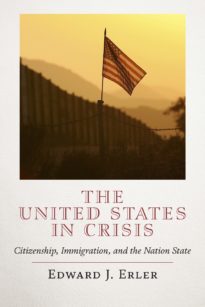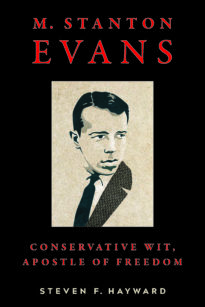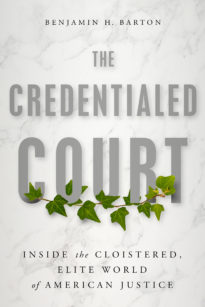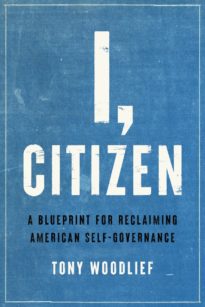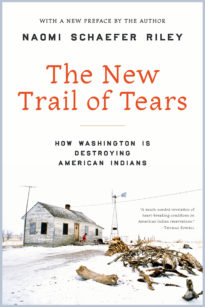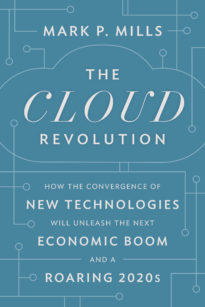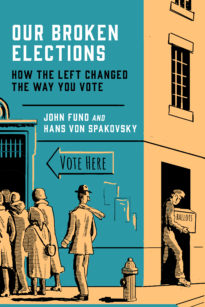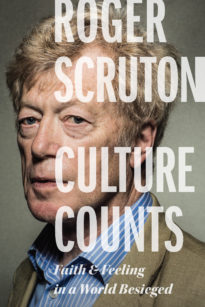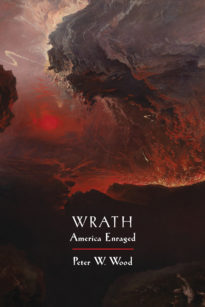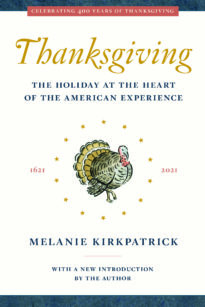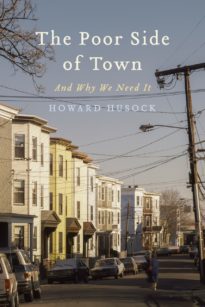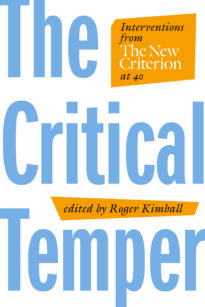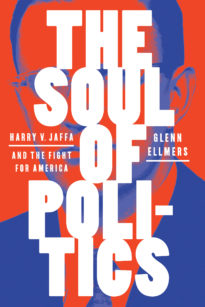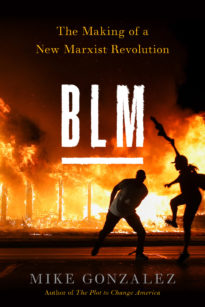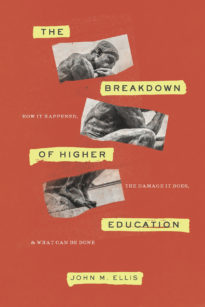Free shipping on all orders over $40
New Releases
The United States in Crisis Citizenship, Immigration, and the Nation State
The United States in Crisis: Citizenship, Immigration, and the Nation State argues that to preserve our freedom Americans must mount a defense of the nation state against the progressive forces who advocate for global government. The Founders of America were convinced that freedom would flourish only in a nation state. A nation state is a collection of citizens who share a commitment to the same principles. Today, the nation state is under attack by the progressive Left, who allege that it is the source of almost every evil in the world.
M. Stanton Evans Conservative Wit, Apostle of Freedom
M. Stanton Evans (d. 2015) was one of the unsung heroes and key figures of the modern conservative movement, offering a model to be remembered and emulated in both thought and deed. A person of extraordinary breadth, he combined the roles of journalist, first-rank thinker, and political actor often at the center of crucial events for the conservative movement from the mid-1950s to his last decade in the 2010s. He was the principal author of the Sharon Statement, the founding document of Young Americans for Freedom.
The Credentialed Court Inside the Cloistered, Elite World of American Justice
The current Supreme Court is packed with a very specific type of person: type-A overachievers who have triumphed in a long tournament measuring academic and technical legal excellence. This Court desperately lacks individuals who reflect a different type of “merit.” The book examines the exceptional and varied lives of past greats from John Marshall to Thurgood Marshall and asks how many, if any, of these giants would be nominated today. The book argues against our current bookish and narrow version of meritocracy. Healthier societies offer multiple different routes to success and onto bodies like our Supreme Court.
I, Citizen A Blueprint for Reclaiming American Self-Governance
This is a story of hope, but also of peril. It began when our nation’s polarized political class started conscripting everyday citizens into their culture war. From their commanding heights in political parties, media, academia, and government, these partisans have attacked one another for years, but increasingly they’ve convinced everyday Americans to join the fray.
The New Trail of Tears How Washington Is Destroying American Indians
If you want to know why American Indians have the highest rates of poverty of any racial group, why suicide is the leading cause of death among American Indian men, why American Indian women are raped at two and a half times the national average rate, and why gang violence affects American Indian youths more than any other group, do not look to history. There is no doubt that white settlers devastated Indian communities in the 19th and early 20th centuries. But it is our public policies today—which deny Indians ownership of their land, refuse them access to the free market, and fail to provide the police and legal protections due to them as American citizens—that have turned reservations into third-world countries in the middle of the richest and freest nation on Earth.
The Cloud Revolution How the Convergence of New Technologies Will Unleash the Next Economic Boom and a Roaring 2020s
It’s true that we’ve wrung much of the magic out of technologies that fueled the last, long boom. But the next great convergence will ignite in the 2020s. And this time, unlike any previous historical moment, we have the Cloud that amplifies that fusion. The next long boom starts now.
Our Broken Elections How the Left Changed the Way You Vote
Behind the deeply contentious 2020 election stands a real story of a broken election process. Election fraud that alters election outcomes and dilutes legitimate votes occurs all too often, as is the bungling of election bureaucrats. Our election process is full of vulnerabilities that can be – and are –taken advantage of, raising questions about, and damaging public confidence in, the legitimacy of the outcome of elections.
Culture Counts Faith and Feeling in a World Besieged
What is culture? Why should we preserve it, and how? In this book, renowned philosopher Roger Scruton defends Western culture against its internal critics and external enemies, and argues that rumors of its death are seriously exaggerated.
Wrath America Enraged
Anger now dominates American politics. It wasn’t always so. “Happy Days Are Here Again” was FDR’s campaign song in 1932. By contrast, candidate Kamala Harris’s 2020 campaign song was Mary J. Blige’s “Work That” (“Let ’em get mad / They gonna hate anyway”). This is a book about how we got here—about how America changed from a nation that could be roused to anger but preferred self-control, to a nation permanently dialed to eleven.
Thanksgiving The Holiday at the Heart of the American Experience
We all know the story of Thanksgiving. Or do we? This uniquely American holiday has a rich and little-known history beyond the famous Pilgrim feast of 1621.
The Poor Side of Town And Why We Need It
This historic narrative combines a critique of more than a century of housing reform policies, including public and other subsidized housing as well as exclusionary zoning, with the idea that simple low-cost housing—a poor side of town—helps those of modest means build financial assets and join in the local democratic process.
The Critical Temper Interventions from The New Criterion at 40
On the occasion of its fortieth anniversary, The New Criterion has brought together a winning collection of essays demonstrating the range and acuity that has established the magazine as America’s foremost review of culture and the arts. Edited by Roger Kimball, this spiritual Baedeker is a timely repository of timeless writing about the figures, controversies, and challenges that define our life in the first decades of the twenty-first century.
The Soul of Politics Harry V. Jaffa and the Fight for America
Harry V. Jaffa (1918–2015), professor at Claremont McKenna College and distinguished fellow of the Claremont Institute, was one of the most influential thinkers of the twentieth century. His hundreds of students have reached positions of power and prestige throughout the intellectual and political world, including at the Supreme Court and the Trump White House.
BLM The Making of a New Marxist Revolution
The George Floyd protests that have precipitated great changes throughout American society were not spontaneous events. Americans did not suddenly rise up in righteous anger, take to the streets, and demand not just that police departments be defunded but that all the structures, institutions, and systems of the United States—all supposedly racist—be overhauled. The 12,000 or so demonstrations and 633 related riots that followed Floyd’s death took organizational muscle. The movement’s grip on institutions from the classroom to the ballpark required ideological commitment. That muscle and commitment were provided by the various Black Lives Matter organizations.
The Breakdown of Higher Education How It Happened, the Damage It Does, and What Can Be Done
A series of near-riots on campuses aimed at silencing guest speakers has exposed the fact that our universities are no longer devoted to the free exchange of ideas in pursuit of truth. But this hostility to free speech is only a symptom of a deeper problem, writes John Ellis.
